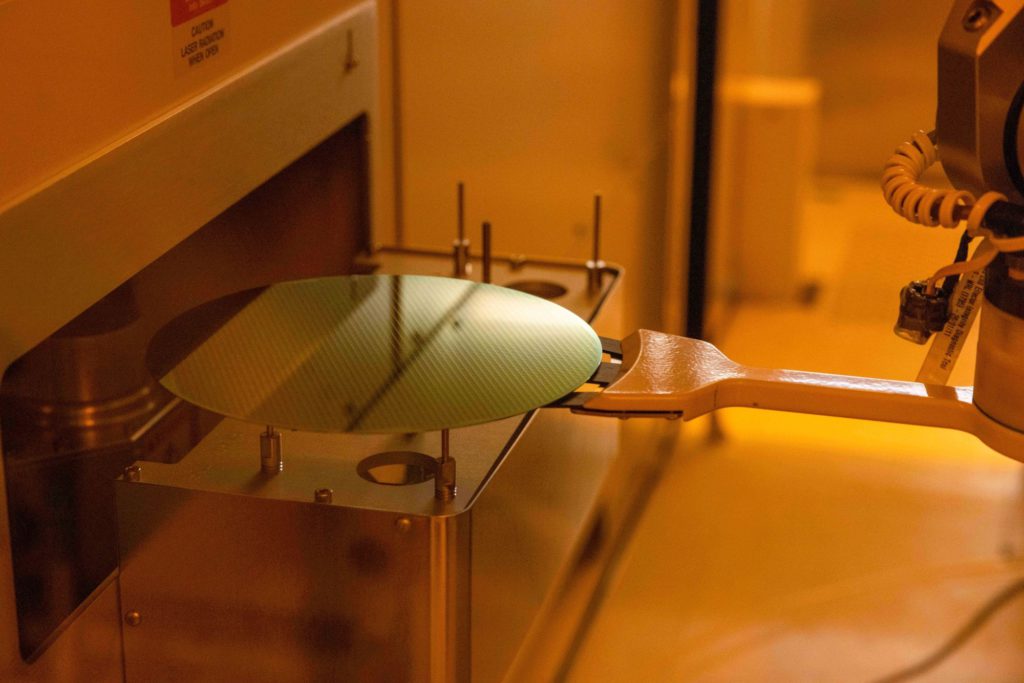The UK government will provide direct taxpayer funding to support British semiconductor companies as part of a strategy for a sector that has become a lightning rod in global geopolitics, according to officials familiar with the plans.
(Bloomberg) — The UK government will provide direct taxpayer funding to support British semiconductor companies as part of a strategy for a sector that has become a lightning rod in global geopolitics, according to officials familiar with the plans.
This will include seed money for startups, help for existing firms to scale up, as well as providing new incentives for private venture capital, the officials said. Ministers will set up a semiconductor task force to coordinate public and private support to ramp up UK manufacturing of compound semiconductors in the next three years, they added.
An overall figure has not been agreed with the Treasury but it is expected to be single figure billions of pounds, one person familiar with the plans said.
Chips are vital components in everything from mobile phones to cars, and shortages have the potential to cause significant disruption to supply chains. Companies already affected by the Covid-19 pandemic are reconsidering their investments in the UK due to frustrations over delays in formulating a strategy.
Compound semiconductors are based on different materials to conventional “silicon” chips and are used in newer technologies like 5G wireless and electric vehicles.
A UK push to develop local semiconductor manufacturing would echo US efforts to restrict exports of the technology to China and hobble its push into the chips industry. The Netherlands and Japan, key chip-making countries, are close to joining with the US to curb links with Beijing.
EXPLAINER: Why Making Computer Chips Has Become a New Arms Race
Under the new UK strategy, public funding will be provided through existing programs including the British Business Bank, Innovate UK and the National Security Strategic Investment Fund, the people familiar said.
Last week, Bloomberg reported that a draft semiconductor strategy drawn up in 2022 suggested Prime Minister Rishi Sunak should take steps to cut UK reliance on semiconductors from Taiwan because of the threat posed by China.
Since then, new Culture Secretary Michelle Donelan has reviewed the strategy and is close to approving a new version for publication in the weeks ahead, according to a person familiar with the situation. The final draft is not yet finalized, the person said.
A government spokesperson said: “We don’t comment on speculation. Our semiconductor strategy will be published in due course.”
The strategy now concludes that the supply of chips is an issue of major geopolitical and economic importance. It says that Britain should diversify with other sources of microchips from friendly and secure nations, while investing billions of pounds more in research and development.
It chimes with Sunak’s stated desire to invest in industries of the future and help startups. In a lecture last year, he praised the “entrepreneurial culture” of California’s Silicon Valley and pledged to use the UK’s Brexit freedoms to reduce regulatory barriers to innovation.
David Lammy, Shadow Foreign Secretary in the opposition Labour Party, told Bloomberg Radio the UK must partner with the EU to secure its supply of semiconductors. “It’s not the case that the UK can do this on its own,” he said.
–With assistance from Kitty Donaldson.
More stories like this are available on bloomberg.com
©2023 Bloomberg L.P.










